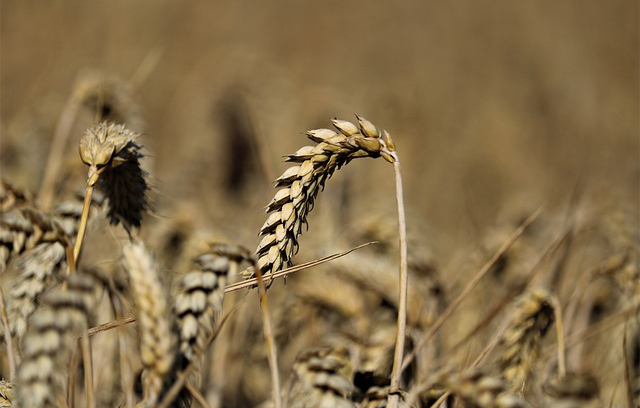Source: Ukragroconsult (Ukraine)
The present agricultural season is shaping up to be one of the toughest in the past decade for Russia. Analysts point out that a significant challenge is arising from the declining quality of grain, especially wheat, attributed to diminished use of fertilizers and agrochemicals resulting from economic hardships. Farmers, particularly those with smaller operations, are compelled to cut costs on crop protection products and essential nutrients due to escalating expenses, which is already impacting yields and poses a risk of long-term soil degradation.
This deteriorating situation is closely associated with climatic issues. Last autumn’s planting season for winter wheat, which is the country’s primary export crop, occurred during drought conditions, forcing many farmers to sow seeds into parched soil lacking adequate rainfall. Furthermore, the winter of 2024/25 revealed an unusually low amount of snowfall, contributing to insufficient soil moisture crucial for proper crop growth. Oksana Lut, the Minister of Agriculture, reports that while 87% of winter wheat is currently in good or satisfactory shape, farmers remain anxious about the insufficient water for plant growth.
In 2025, the area dedicated to planting will expand to 83.7 million hectares, of which 55.8 million will be allocated to spring crops, with the remainder for winter and other varieties. Independent expert Alexander Korbut noted that in certain regions, particularly in the southern areas, large swathes will need to be replanted due to unpredictable weather, resulting in increased expenses for farmers. Meanwhile, while the availability of seeds, machinery, and fuel stands at 100%, financial constraints are likely to hinder many farms’ access to these essential resources.
Moreover, the industry has suffered from escalating prices for machinery and spare parts, along with high interest rates. For instance, Sergey Shapovalov, a farmer from the Rostov region, highlighted that a combine harvester that six years ago was priced at 9.6 million rubles is now valued at 19 million rubles, making it financially unfeasible for small to medium-sized farms to upgrade their machinery. Experts caution that if the trend of reducing fertilizer use persists for the next two to three seasons, Russia could experience a decline in its gross grain harvest and a deterioration in grain quality, negatively impacting its export capabilities.

